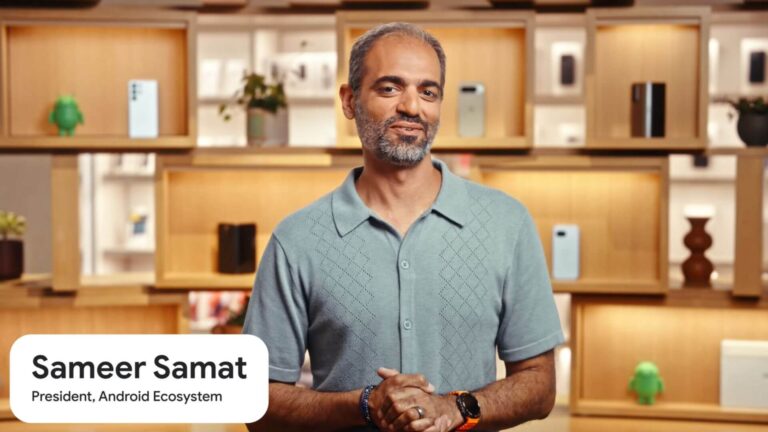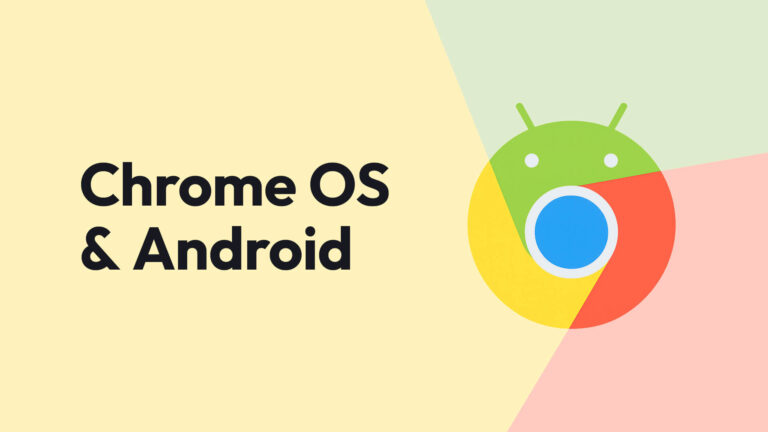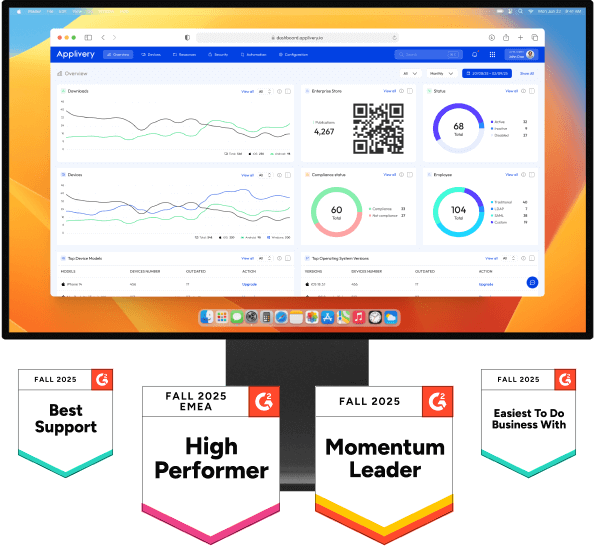For or over a decade, Chrome OS carved its own unique space in the world of computing—a testament to simplicity, speed, and security. From classrooms to corporate offices, it offered a streamlined vision of the future. But every era must reach its conclusion.
Google has now officially confirmed that the journey for Chrome OS as a standalone platform is ending. In a definitive statement, Sameer Samat, President of the Android Ecosystem, announced that Google will be “combining ChromeOS and Android into a single platform,” ushering in a new, unified chapter for the company.
The strategic vision behind the new era
This historic move is not just a consolidation; it’s a strategic pivot towards the future of computing. The vision, as outlined by Google’s leadership, is driven by several key factors:
AI-First platform: the primary goal is to create a native environment for next-generation AI like Gemini to operate seamlessly across every device. This unified OS is being built from the ground up to be the home for artificial intelligence.
A truly seamless ecosystem: Google is finally building the deeply integrated hardware and software ecosystem users expect, directly challenging Apple’s key advantage. The vision is for a fluid experience between phone, tablet, watch, and laptop.
“Open” alternative: this new platform will be built with Google’s hardware partners in mind, fostering an open ecosystem where companies like Samsung and Dell can innovate on laptops and tablets to compete with Apple’s closed garden.
The clues that signaled the end
While the official confirmation is recent, the signs of this transition have been building for over a year. The trail began with technical posts on the Chromium Blog detailing plans to use the Android kernel, followed by explosive leaks from publications like Android Authority that revealed the project’s core mission: to build a true competitor to the iPad.
The final piece of the puzzle came from a TechRadar interview with Sameer Samat, the President of the Android Ecosystem at Google. In the interview, Samat explicitly confirmed the plan, stating, “We’re going to be combining ChromeOS and Android into a single platform…” This quote from a top executive moved the story from credible rumor to official company strategy, marking the definitive end of a long journey of speculation.

A community divided but hopeful
The tech community’s reaction to the merger is clearly split. A poll by Android Authority reveals the breakdown:
👍 48% – optimistic
👎 26% – pessimistic
🤔 26% – hopeful but skeptical
Preparing for the next era of device management 🚀
The end of the Chrome OS era marks a pivotal moment, signaling the start of a new, AI-driven chapter for Google’s ecosystem. This transition, while exciting, brings new complexities for organizations managing diverse device fleets. As platforms converge and evolve, a modern, forward-thinking management strategy is no longer optional.
Applivery is designed for this dynamic future. Our Unified Endpoint Management (UEM) platform provides a single pane of glass to secure and manage your entire fleet—whether it’s running iOS, macOS, Android, or the AI-powered, unified OS that comes next.
Prepare your organization for the next era of devices. Discover how Applivery provides the control and visibility you need to manage your entire ecosystem—today and tomorrow.





